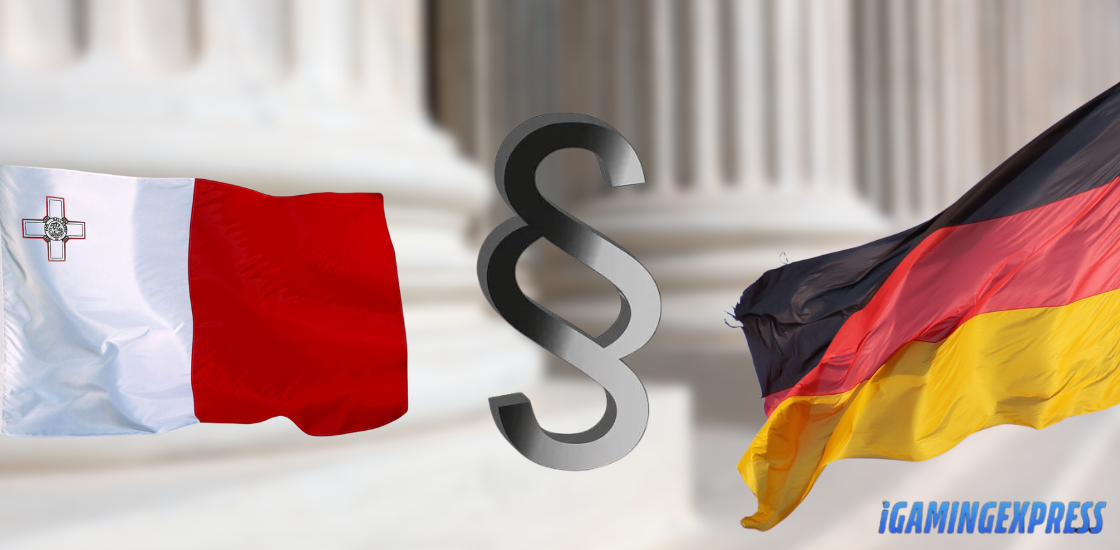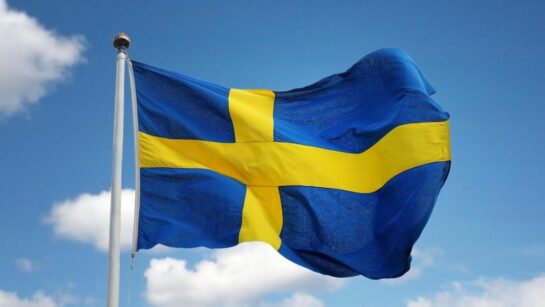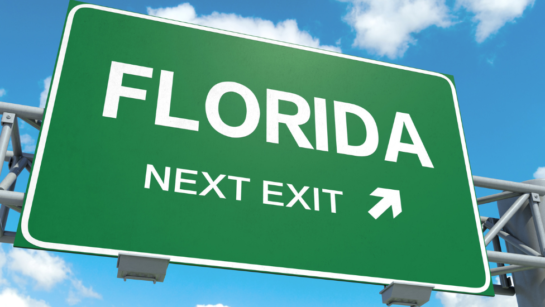GGL Raises Concerns About Compatibility of Malta’s Bill No 55 with European Law

The German gambling regulatory body, known as Gemeinsamen Glücksspielbehörde der Länder (GGL), has publicly expressed reservations about the compatibility of Malta’s controversial Bill No 55 with European law. This bill, signed into law by Malta’s President George Vella in June, is aimed at providing protection to gaming operators by shielding them from legal liabilities arising from their activities under the Malta Gaming Authority (MGA) license.
Controversion around Bill No 55
The GGL has stated that it believes the provisions of Bill No 55 could potentially conflict with the Recast Brussels Regulation. This specific regulation, which dates back to 2013, is designed to govern issues pertaining to jurisdiction, recognition, and enforcement of legal judgments across European Union member states. It’s important to note that while the GGL has made this assessment, it does not have the authority to definitively determine whether the Maltese law is in line with European Union regulations.
Although the European Commission announced its intention to scrutinize the matter last month, historically, ultimate decisions regarding the compatibility of domestic laws with EU regulations have been made by the European Court of Justice.
The GGL has communicated its findings to the German federal states and is actively engaged in discussions with relevant authorities. As the German Ministry of Justice has already taken steps to engage with the European Commission on this issue, the GGL does not foresee a need for further action beyond these ongoing discussions.
Safeguard for gambling operators
Bill No 55, Malta’s contentious gaming law, has been developed to provide a safeguard for gambling operators against potential legal repercussions stemming from their MGA-licensed activities within the so-called “grey market.” This legislation directs courts to disregard foreign judgments against these operators if the activities are covered by their MGA licenses.
The introduction of this law has been prompted by a series of legal challenges in Germany and Austria, where the legality of gambling operators’ activities has come into question. Operators often argue that their activities fall under the purview of the European Union’s principles of free movement of services. On the other side of the debate, European governments and regulatory bodies reference a 2017 decision by the European Commission, which affirmed their authority to prevent businesses based in Malta from accepting bets in their respective jurisdictions.

